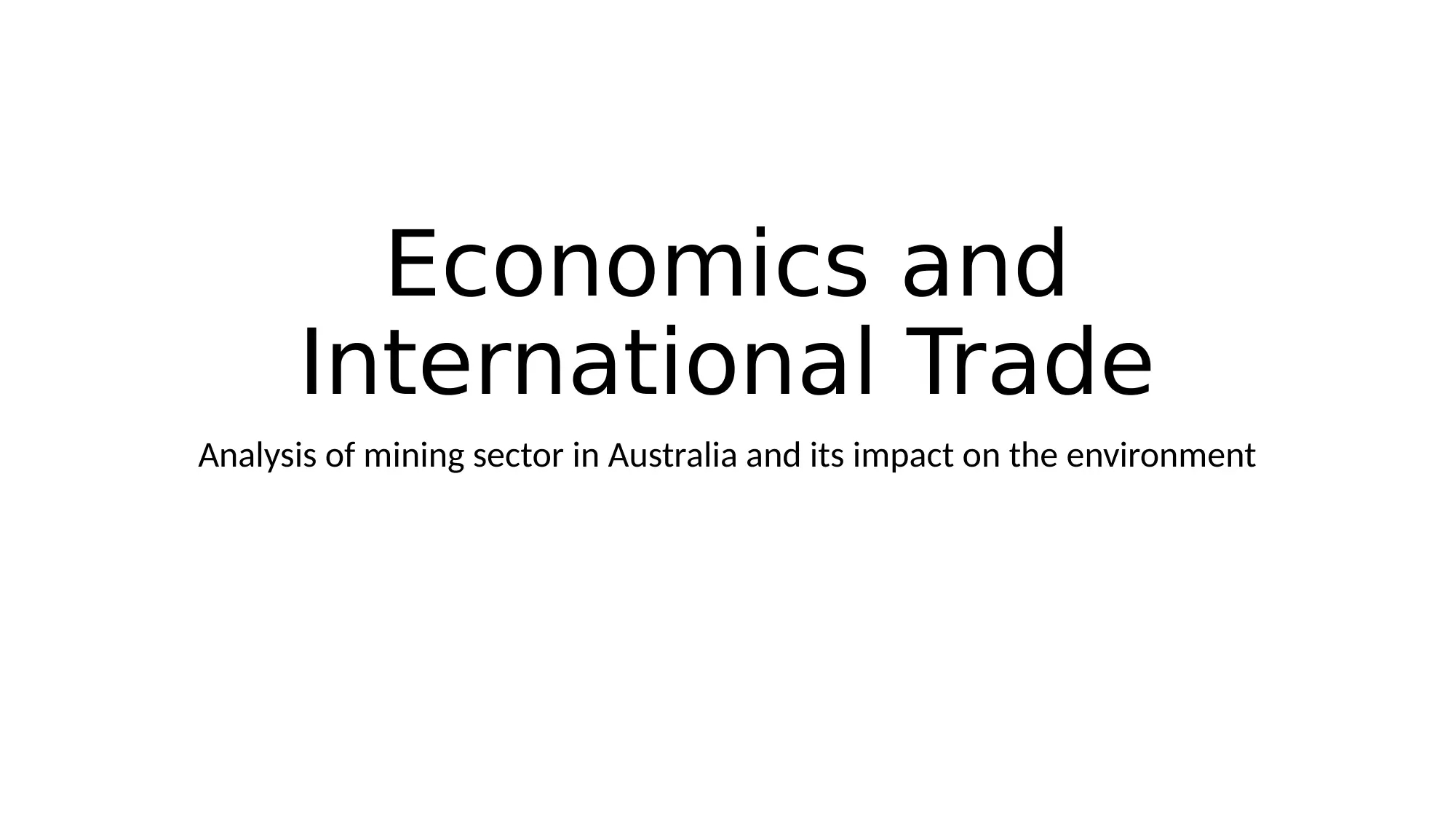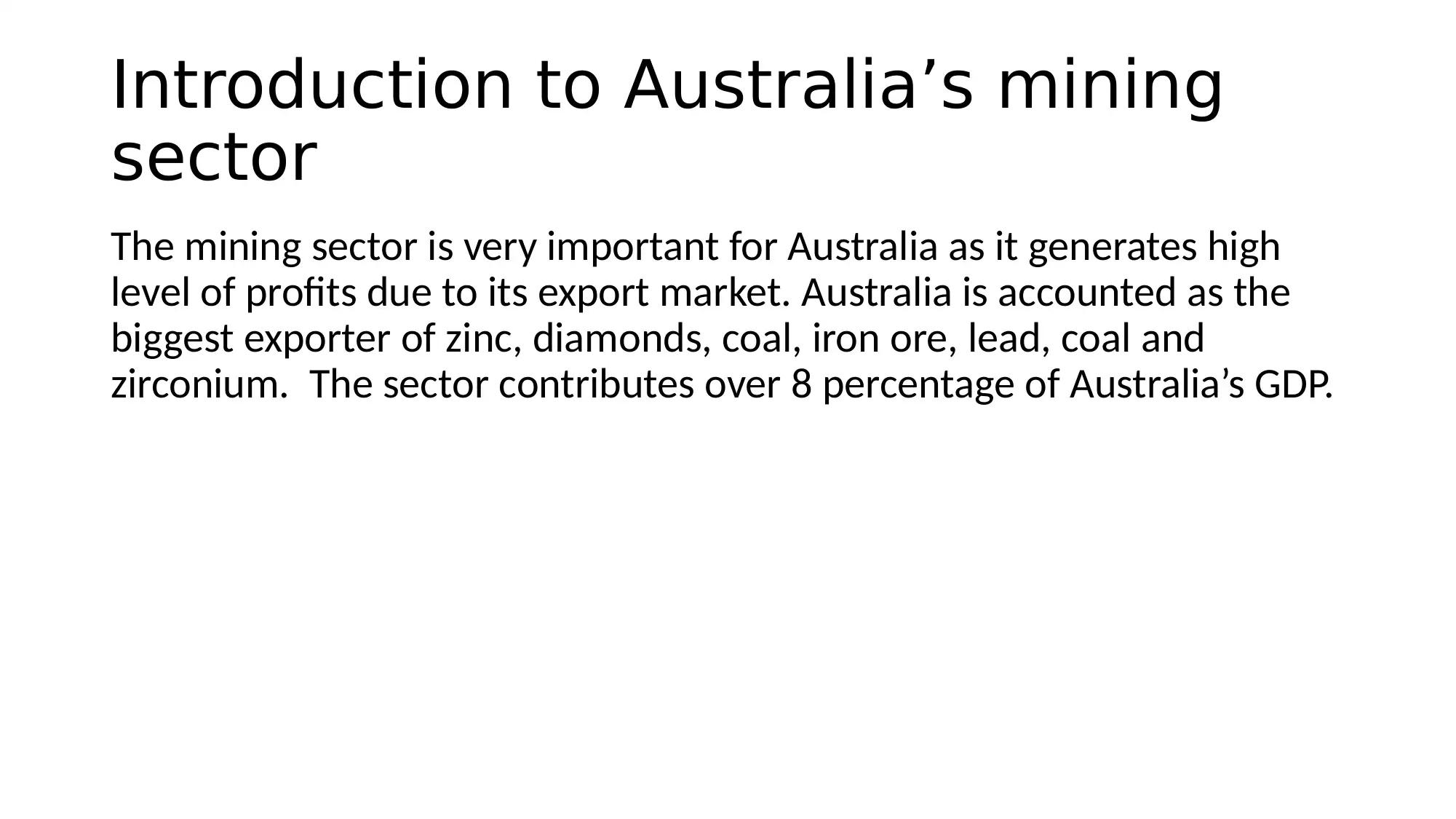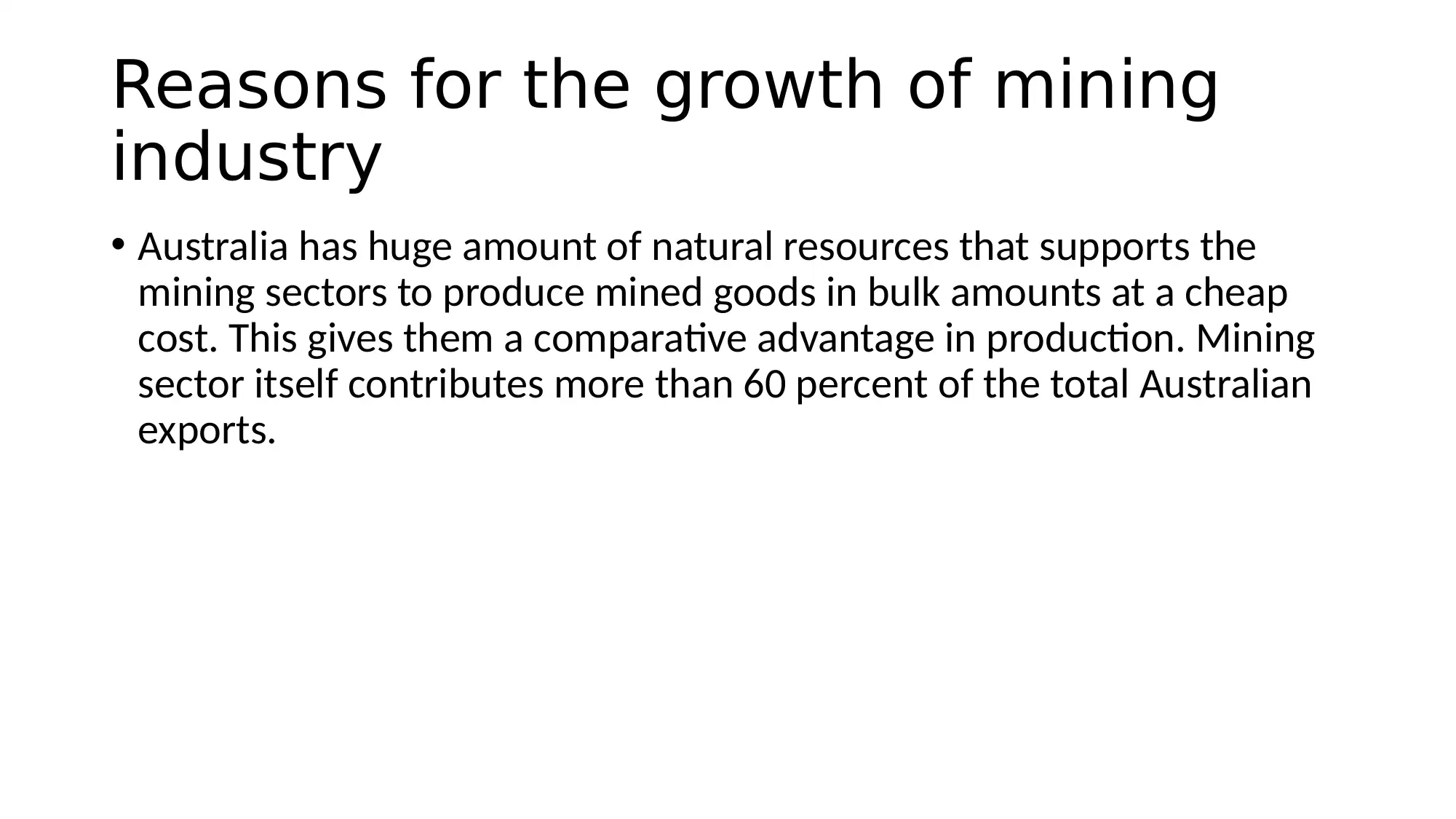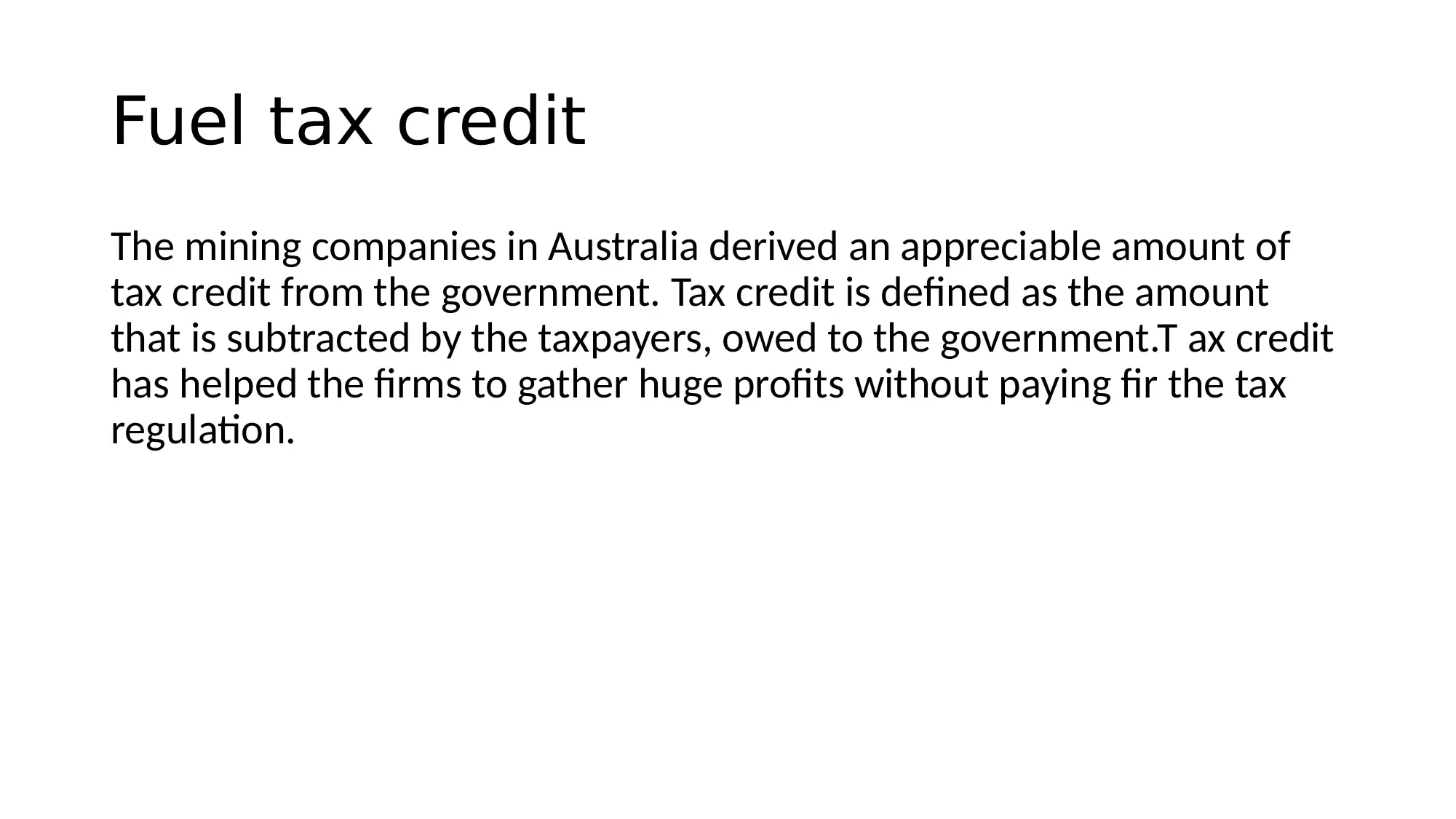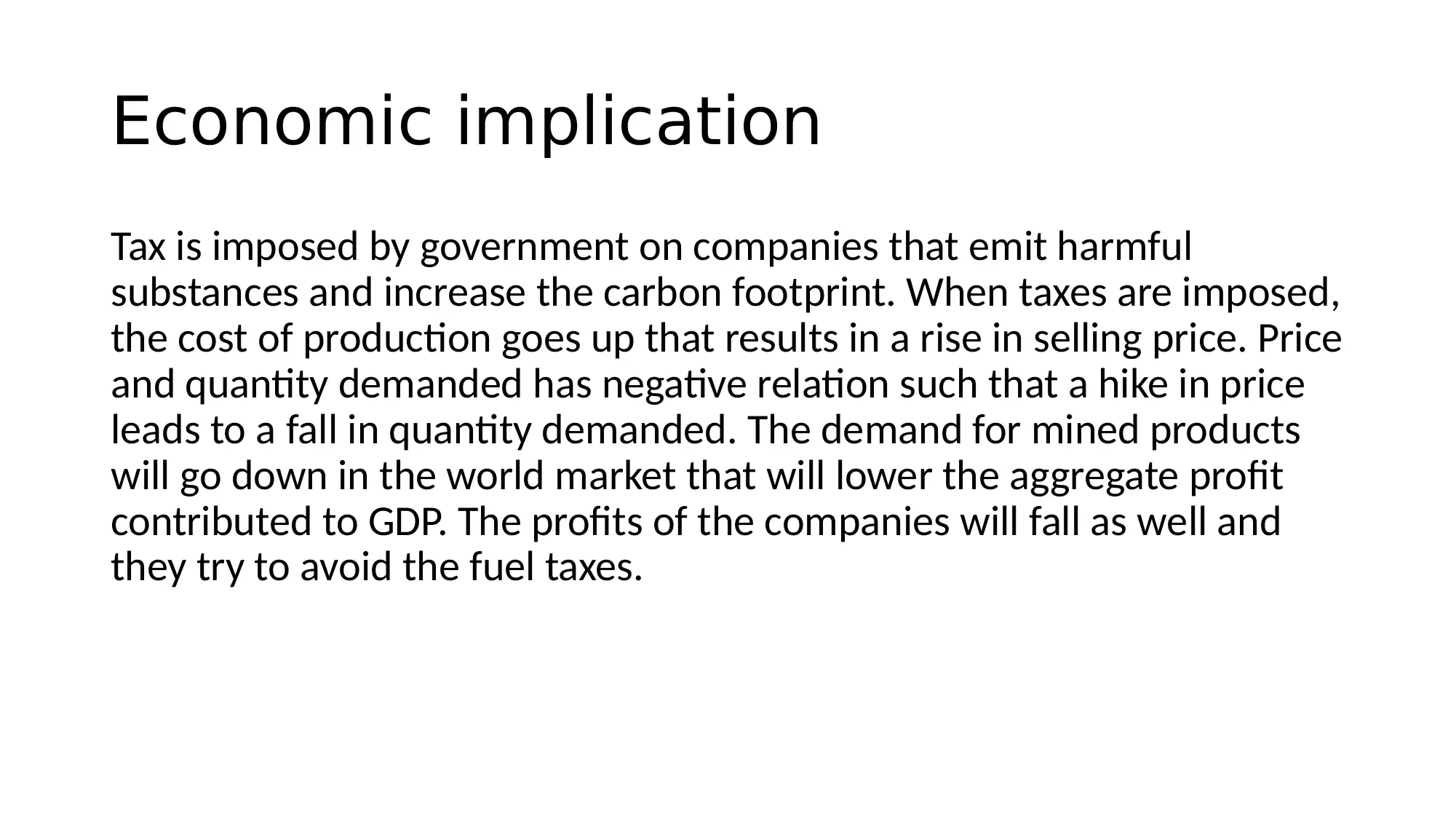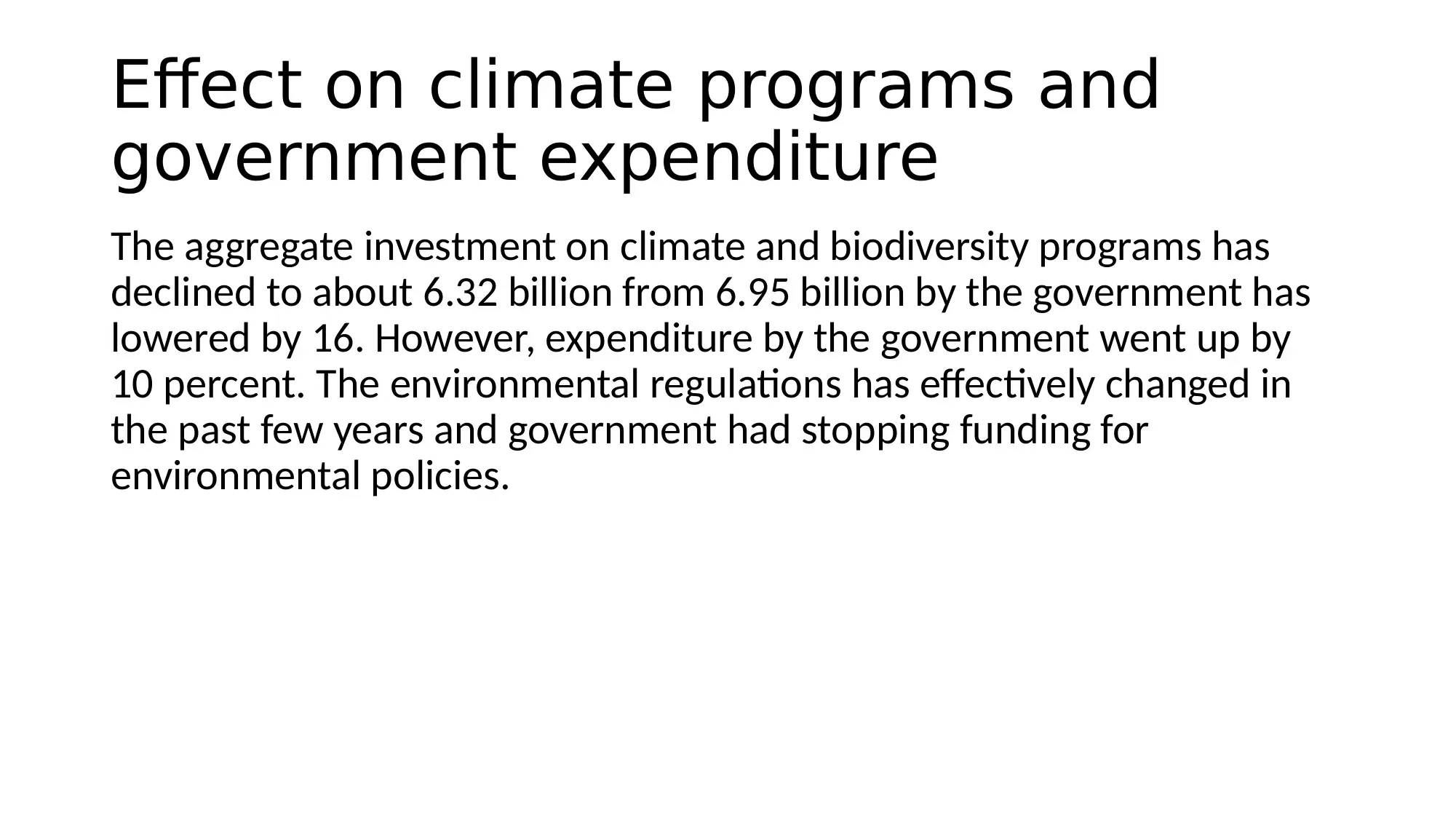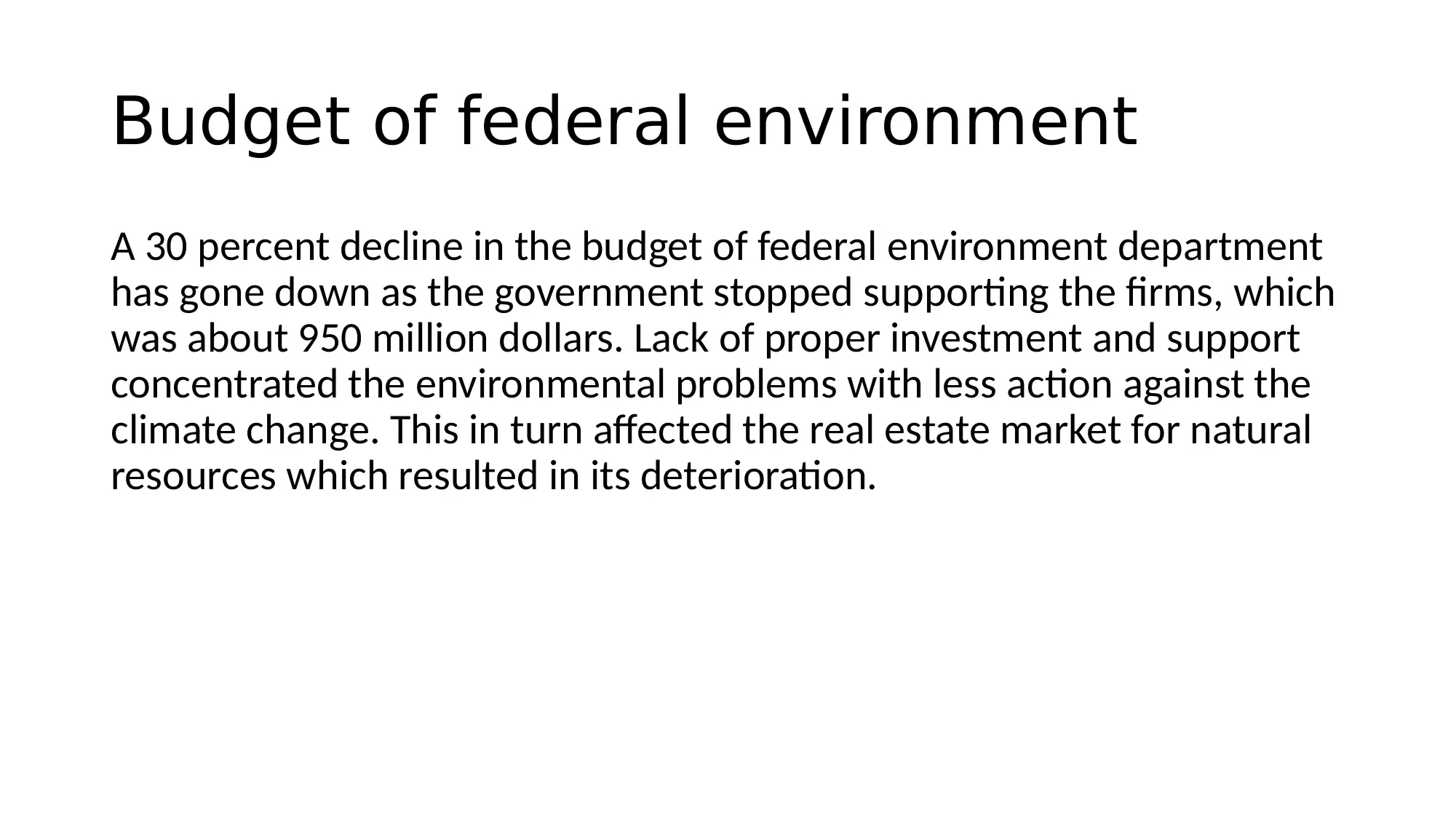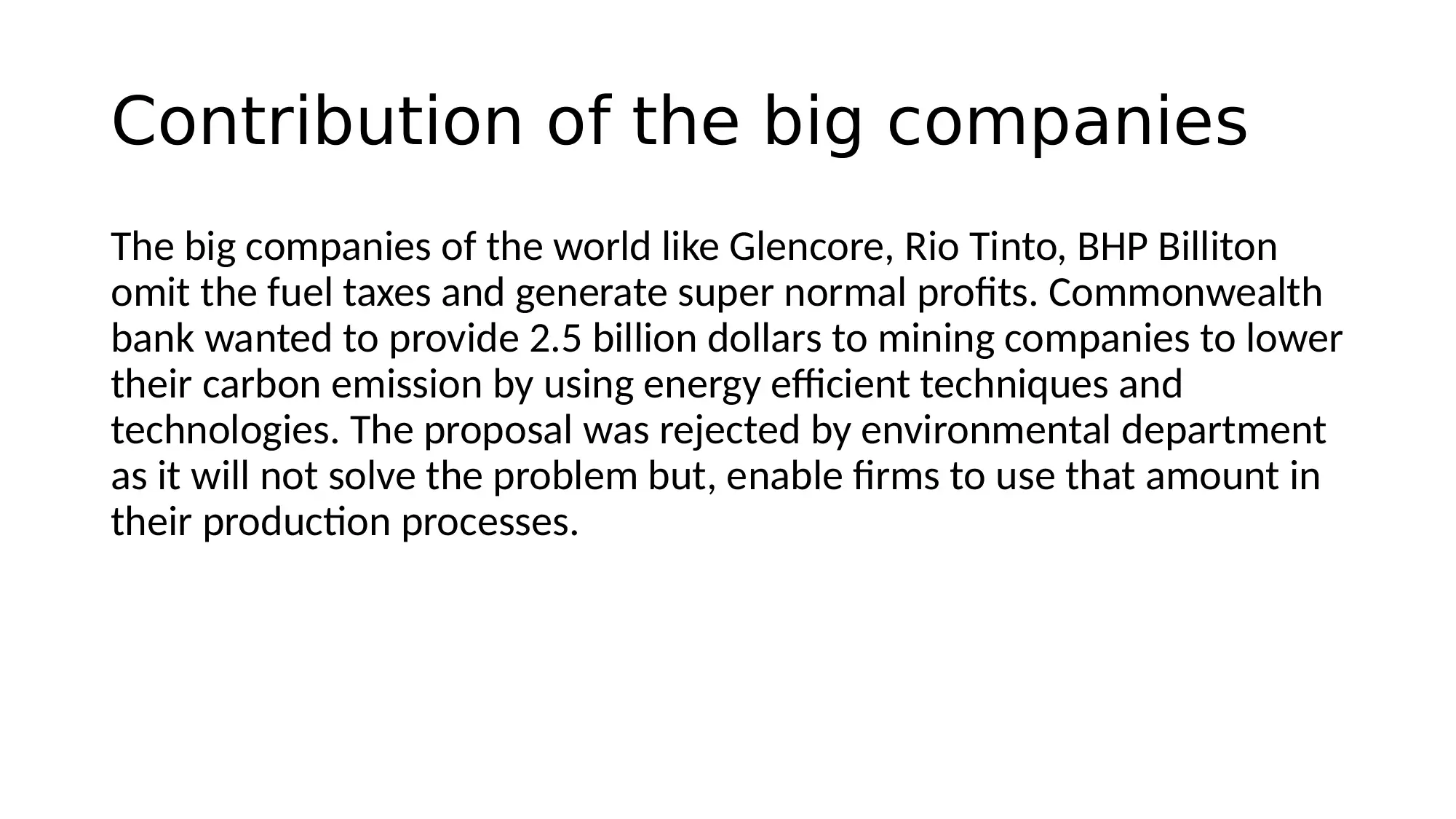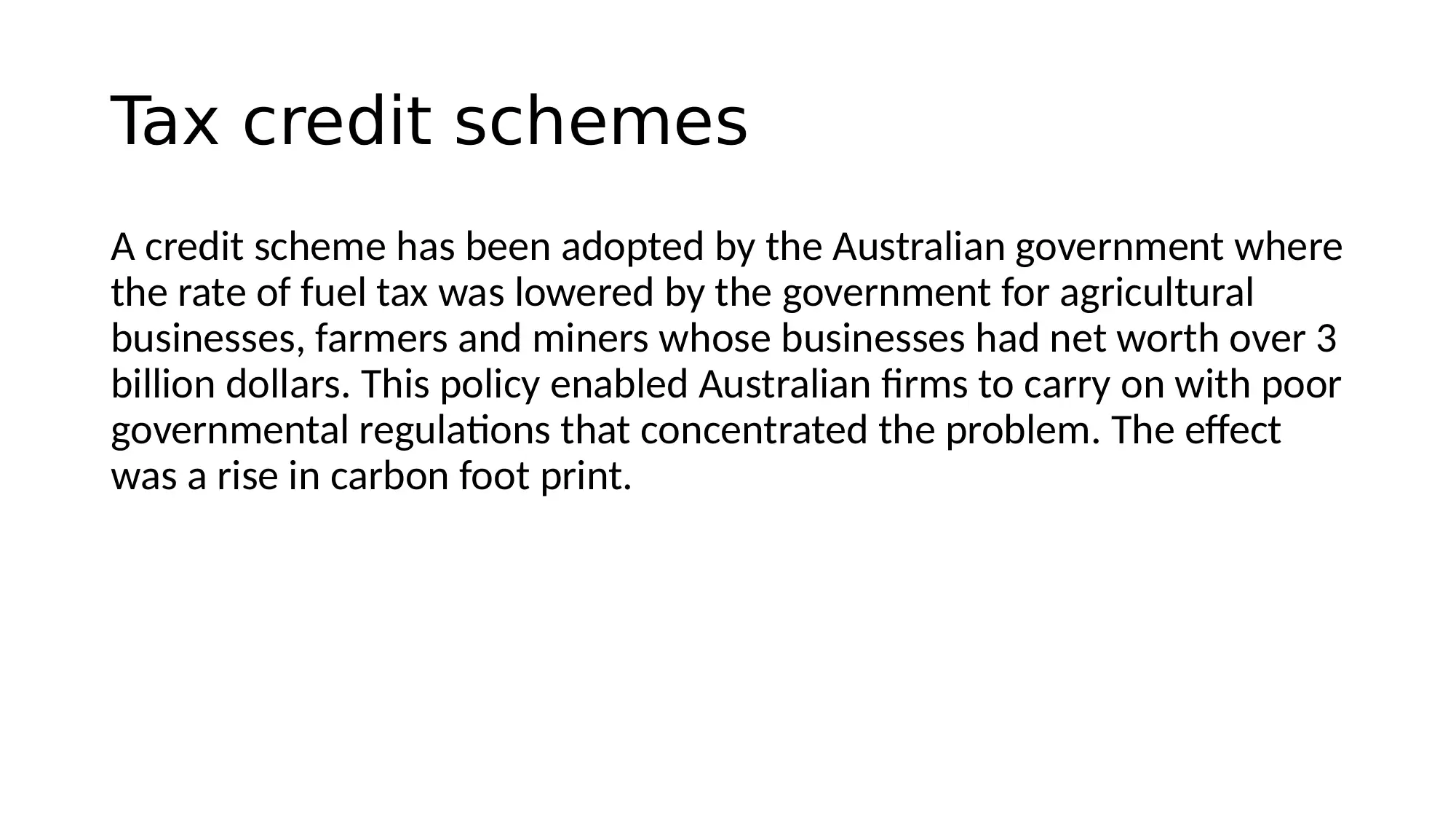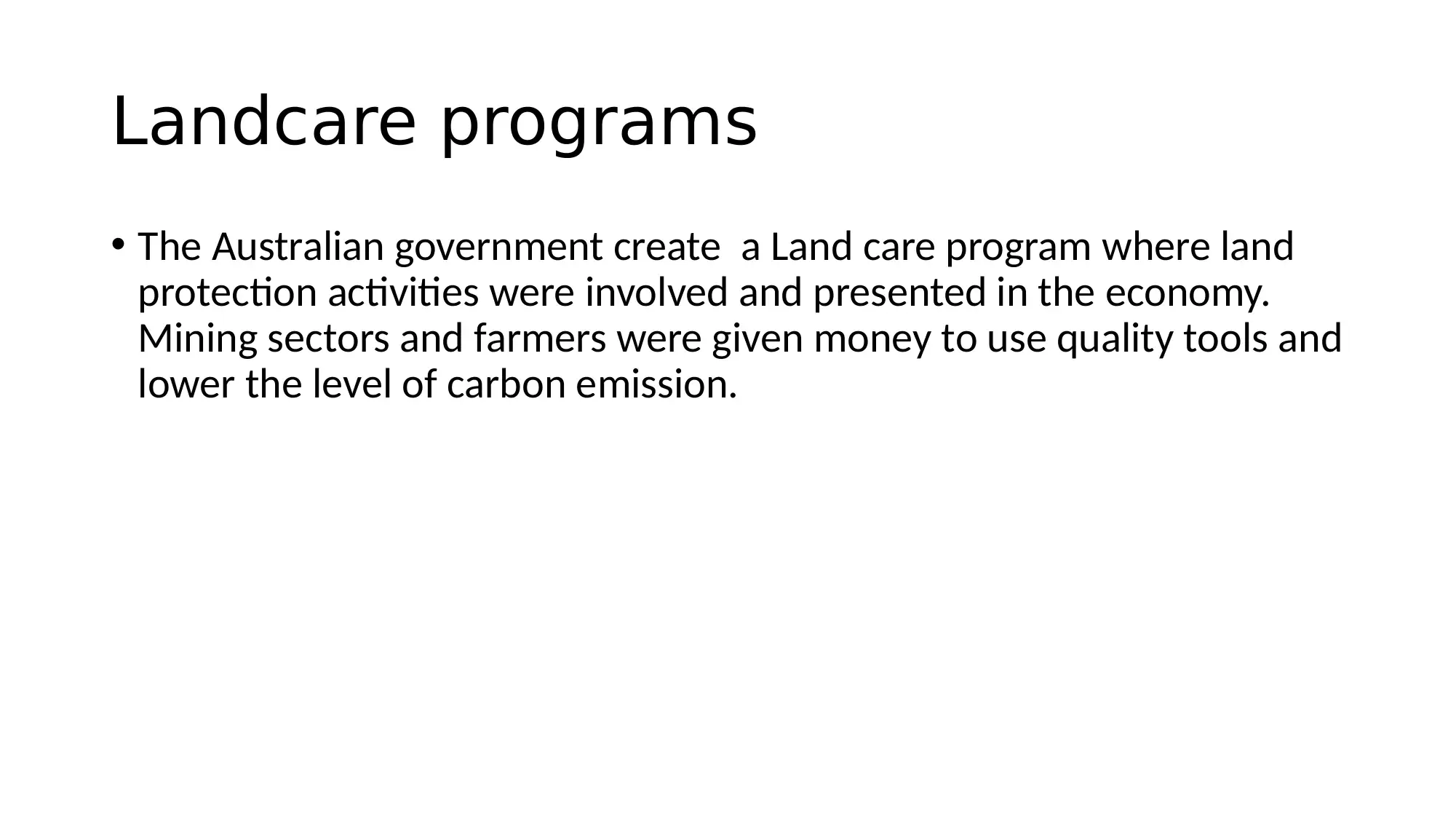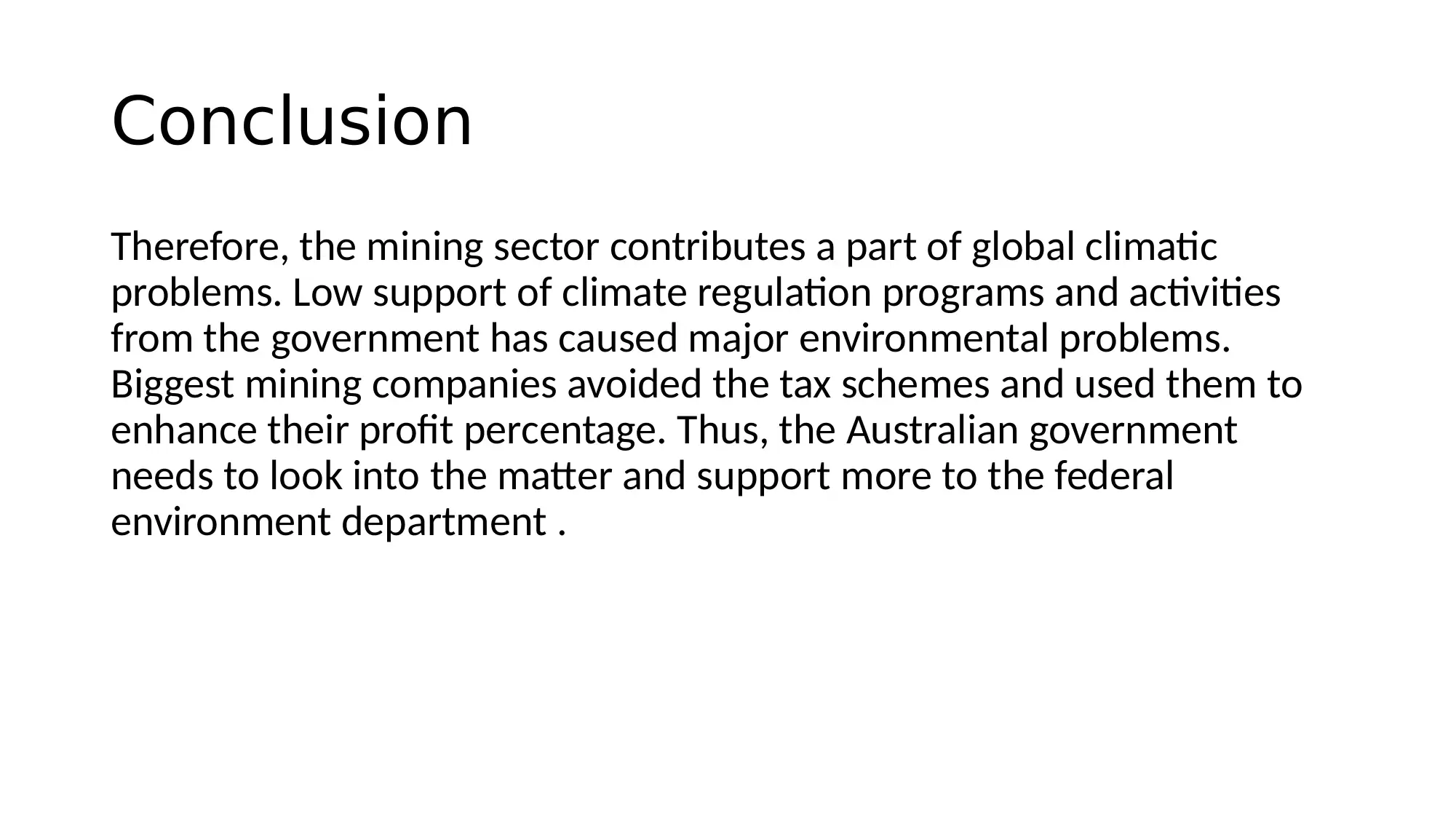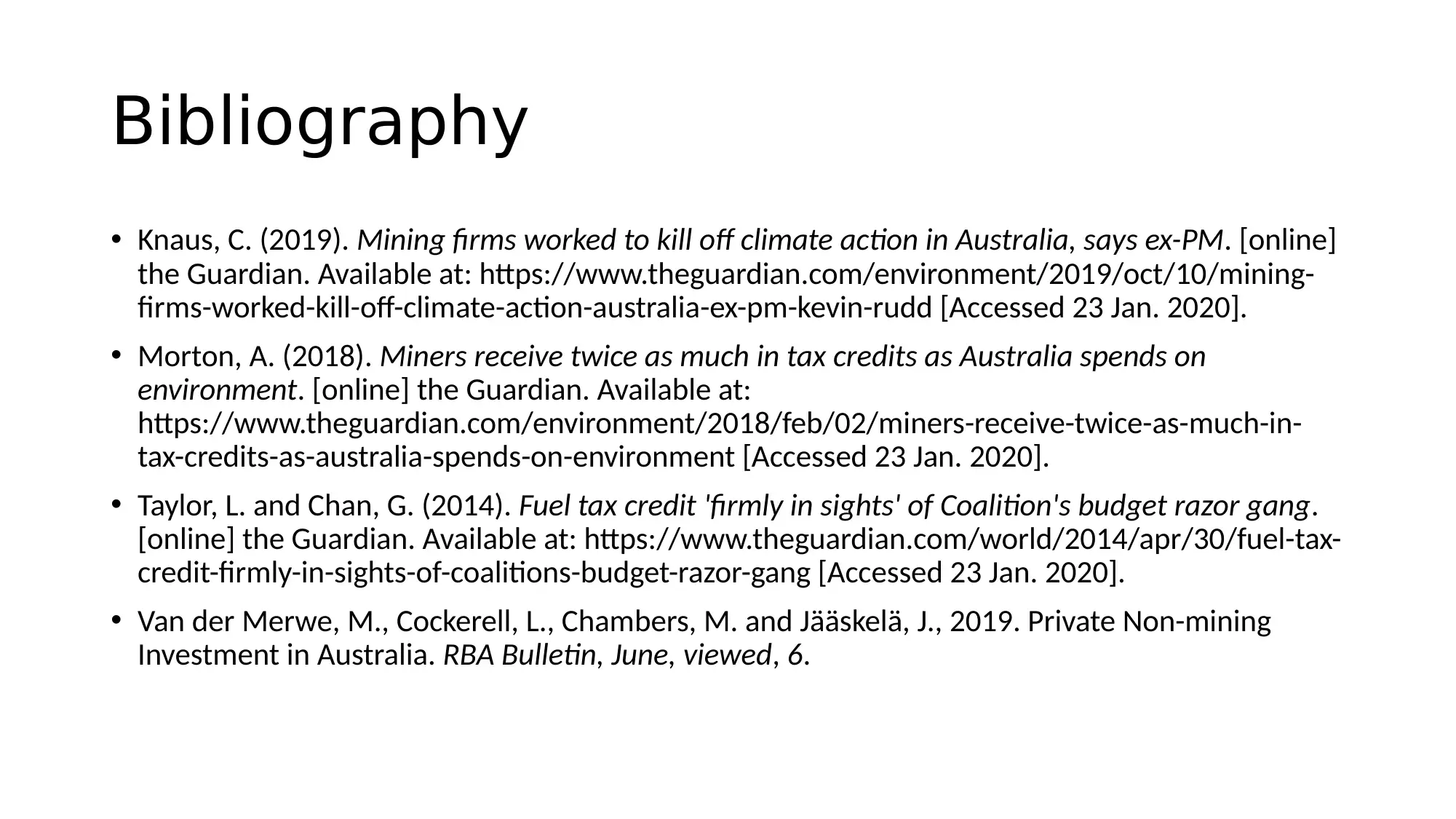Impact of Australian Mining Sector on Environment: Economics Report
VerifiedAdded on 2022/08/22
|12
|836
|19
Report
AI Summary
This report provides an economics and international trade analysis of the mining sector in Australia, emphasizing its significant contribution to the country's GDP through exports of resources like zinc, coal, and iron ore. The report explores the reasons behind the industry's growth, including Australia's abundant natural resources and the comparative advantage this provides. It delves into the economic implications of fuel tax credits granted to mining companies, and the potential negative impacts of environmental regulations and taxes on production costs and demand. The analysis examines the effects on climate programs, government expenditure, and the role of major mining companies in avoiding tax schemes. The report concludes by highlighting the need for the Australian government to increase support for environmental departments and better regulate the sector to mitigate its environmental impact. It references the Guardian articles to support its claims.
1 out of 12
